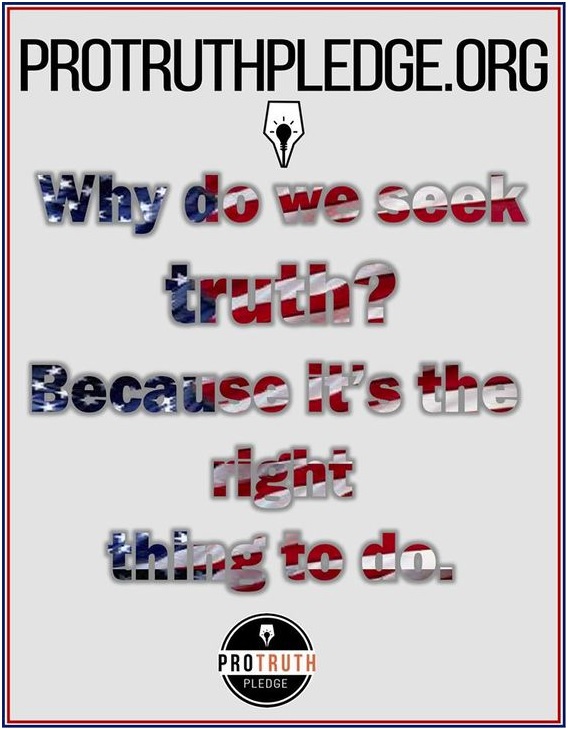
In celebration of Independence Day, I want to share why I think of myself as a weird American.
I’m very proud to be a citizen of the United States. It’s one of the greatest countries in the world. America is a beacon of hope for democracy and freedom for millions of people across the globe. Our universities consistently produce ground-breaking research; our companies drive innovation for the global economy; our military helps keep peace in many global conflicts.
Yet I’ve always been a bit uncomfortable thinking of myself as “American,” especially around July 4th. People break out their flags and shoot off red, white, and blue fireworks. Politicians make speeches with the message “America, Right or Wrong,” supporting whatever the government happens to do as the correct thing.
Well, I have trouble identifying with such patriotic displays, and the label of “American” feels restrictive and confining. Adopting the label wholesale obliges me to identify with aspects of the United States that I am not happy about. I much prefer the great American statesman Carl Shurz’s take, “My country, right or wrong; if right, to be kept right; and if wrong, to be set right.”
For instance, while to some we may be the beacon of democracy, our own two-party system leaves a lot to be desired. There are many democratic systems that permit more than two major parties, which lets people make choices that are closer to their values and provides alternatives to the current partisan gridlock.
Another problem lies in the role our financial system played in the 2008 market crash. Our banks made very risky loans to home buyers and then covered up that fact with fancy financial instruments.
So I decided to spend some time thinking up a way to address this feeling of discomfort. I came up with an approach that draws on the strategy of reframing, a research-based approach involving changing our framework of thinking.
Specifically, I tried putting the term “weird” before “American.” The term “weird” had a wonderful impact. It fit my desire to identify overall with the label “American,” but allowed me to separate myself from any aspects of the label I don’t support. This represents a specific instance of the broader research-informed strategy of distancing oneself from an uncomfortable situation to think calmly about it and make good decisions about how to proceed forward.
Once I started thinking about myself as a “weird American,” I was freed myself from the anxiety of not fully identifying with that label. I was able to think through calmly which aspects of being American I identified with and which I did not, and set the latter aside from my identity. When relevant – for example when meeting foreigners – I used the term “weird American” to describe myself, and we had great conversations about what I meant and why I used the term.
Based on that experience, I started putting “weird” in front of other labels that did not feel fully comfortable to me. This practice helped me address problems not only in public life, but in private life as well. For example, while I love my mother greatly, she and I don’t always see eye-to-eye. Before I devised the weird trick, I wound up feeling really bad whenever we fought. Now, when we have tensions I just think of myself as a weird son. This thought pattern makes much calmer and less stressed at such times.
Another example comes from my civic life. I serve as the volunteer President of a nonprofit devoted to fighting lies in politics and other life areas, and putting on a “weird” thinking hat enables me and other participants to think outside the box and launch bold experiments that sometimes fail miserably, but sometimes succeed beyond our wildest imagination. An example of the latter is the Pro-Truth Pledge project at ProTruthPledge.org, a new and quickly-expanding project where private citizens and public figures alike commit to honest behaviors, signed by prominent individuals such as Peter Singer and Ethan Bearman.

The term “weird” also enabled me to change my behaviors in useful ways. For example, I am a kind and gentle person intuitively, and strive to be nice to everyone. However, being this way has enabled others to exploit my kindness and harm me in the past. Thinking of myself as a “weird nice guy” enables me to distance my behavior from being exclusively nice, and permits me to be less-than-nice when the occasion calls for it, however unnatural I may find that to be.
Other examples include applying the term weird to myself to allow me to act in non-conformist ways in social settings. Thinking of myself as a weird airplane passenger has enabled me to stand in the back of a plane and stretch to minimize back pains. Labeling myself as a weird pedestrian has permitted me to stop and smell flowers by the sidewalk despite getting strange looks from others.
I hope using the strategy of being “weird” helps some of my fellow Americans have a truly happy Independence Day celebration!




